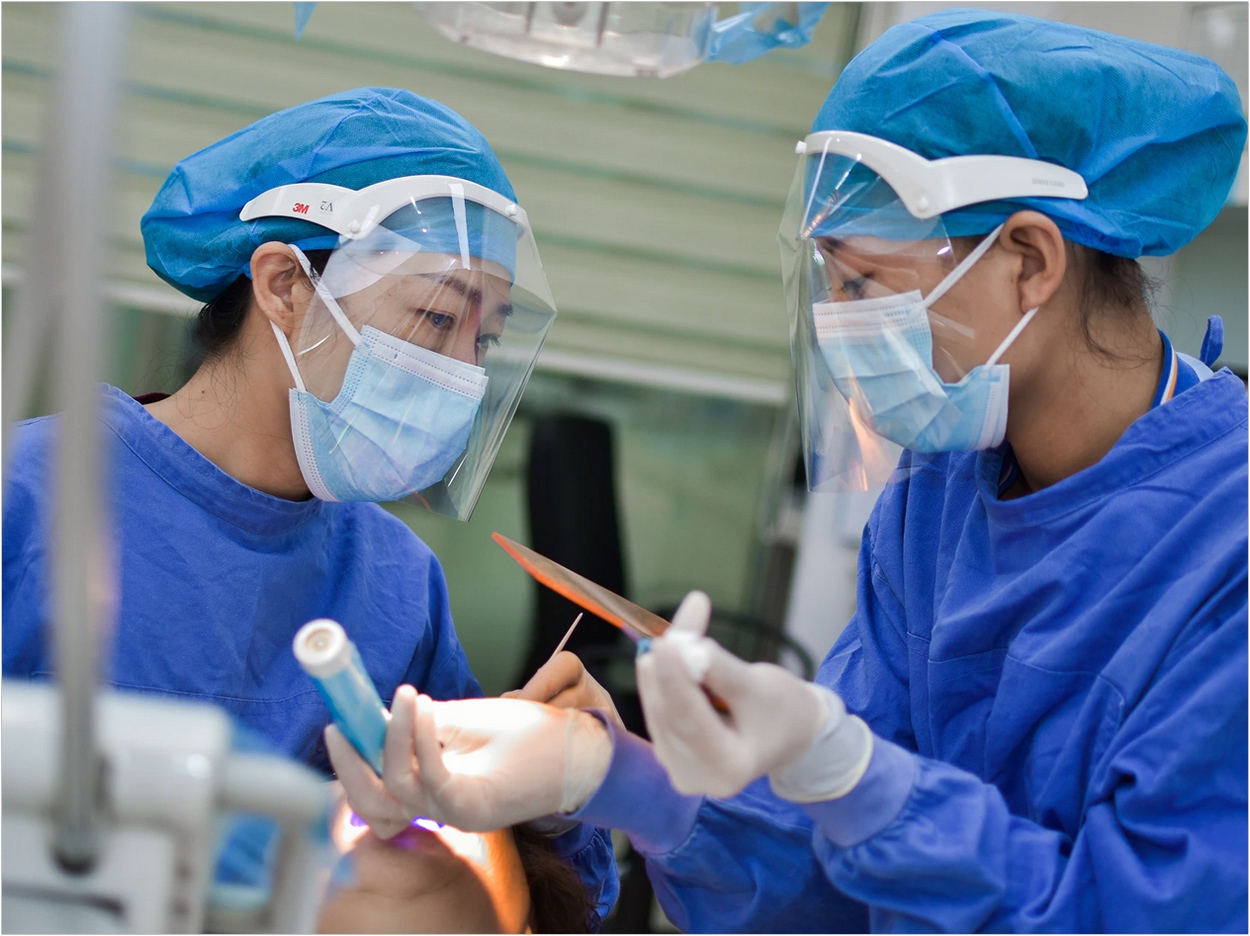
The World Health Organization (WHO) has updated its “Considerations for the Provision of Essential Oral Health Services in the Context of COVID-19” to refer to “non-urgent” instead of “non-essential” oral healthcare.
Released in August, the guidelines initially advised the delay of routine non-essential oral healthcare until there has been sufficient reduction in COVID-19 transmission rates from community transmission to cluster cases or according to official recommendations at the national, sub-national, or local level.
Dental organizations including the ADA, the FDI World Dental Federation, the International Association for Dental Research (IADR), and the Academy of General Dentists voiced concerns about these guidelines, particularly their use of the words “non-essential” and how they did not consider local effectiveness in managing the pandemic.
The ADA, for example, noted that it “respectfully yet strongly disagrees” with the WHO’s recommendations since oral health is integral to overall health as routine oral healthcare is essential in the early detection, prevention, and control of oral diseases. The ADA also said that dentistry has effectively managed infection risks to provide safe care.
According to the Australian Dental Association, FDI and IADR worked with WHO to update the guidelines to change “non-essential” to “non-urgent.” Also, the Australian Dental Association said, FDI thanked its members for their solidarity in finding effective solutions in combatting the COVID-19 pandemic.
Related Articles
Dr. Mark Cannon Addresses the WHO Guideline Controversy
Organized Dentistry Disagrees With WHO COVID-19 Recommendations
WHO COVID-19 Guidelines Continue to Generate Discussion












